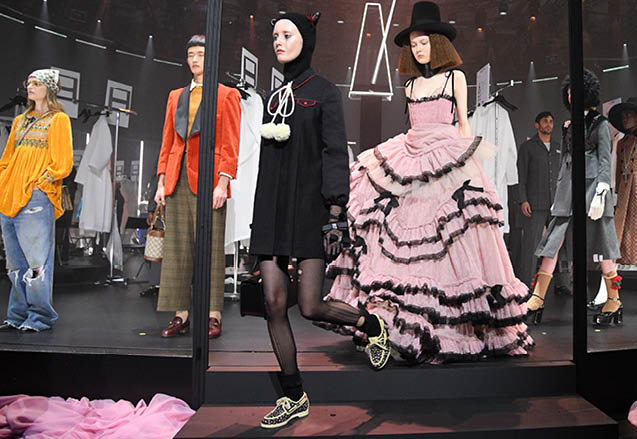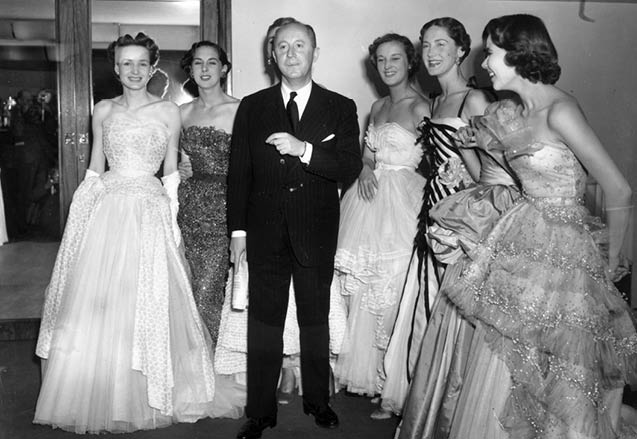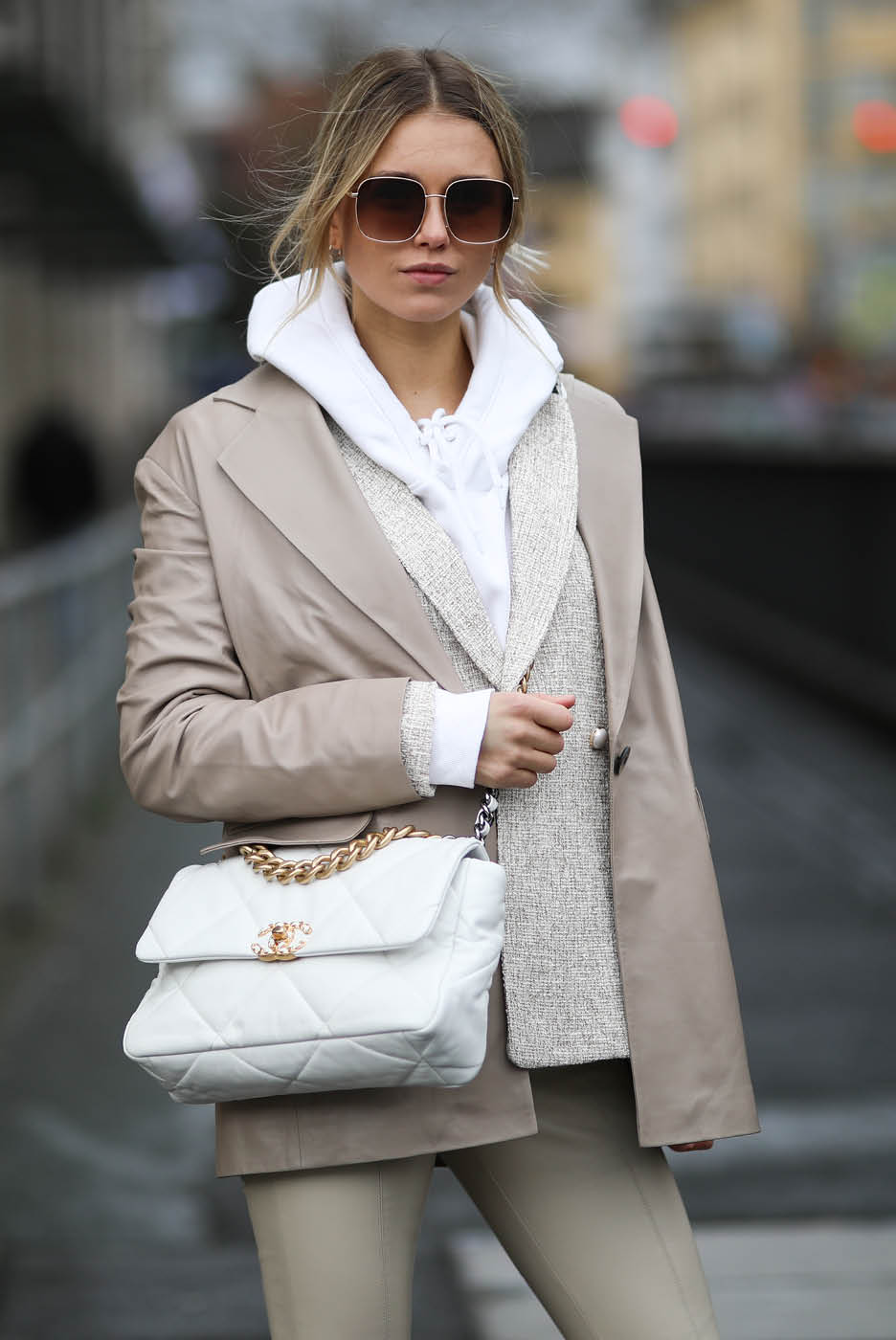This week, I slipped on a pair of pink Sandro heels just to see what they felt like. Ever since lockdown started I’ve been living in nanna slippers and a greying, downtrodden pair of Veja trainers.
Unsurprisingly, the heels looked great, but they felt… uncomfortable. Like I’d squeezed my toes into a tiny triangular burrow. After a few experimental steps, it was a relief to sink back into sneakers. And with that relief came the realisation that I might never return to the way I dressed before.
Perhaps my old wardrobe might not fit the post-Covid world.
I’m not the only one considering what coronavirus means for the way we dress in future. The fashion industry is forecast to shrink by 30 per cent this year. Will consumer confidence return? And while we’ve certainly committed to comfort in the last few months, does that mean we’ll still want to wear sweats once we’re free to leave our homes?

“Loungewear remains the defining trend of the Covid-19 pandemic, with customers prioritising comfort in preparation for more time spent at home,” says Kayla Marci, market analyst with global retail experts Edited. Since the start of the year, sales of tracksuits in the UK and US have risen 97 per cent, she says, “while sweatpants are up 41 per cent”.
Here, Australian sleepwear label Papinelle has reported a 225 per cent sales uplift compared to the same time last year. Even Anna Wintour has been photographed at home in joggers.
There are signs the trend is here to stay. Experts predict that many employees will continue to work from home even after distancing restrictions are lifted, although “retailers are still promoting shirting for ‘business on top’ looks during conference calls,” notes Marci.
But while might make more sense for us to stick with our elasticated waistbands, particularly as we’ve invested so heavily in them, human nature suggests we’ll probably want to do the opposite, argues stylist Aileen Marr, Grazia fashion director and a seasoned industry observer. That’s just how trends go.
“Fashion is really flippant,” she says. “Consumers will want something to make them feel special when they emerge. It’s like when you’ve been on a trip where you could only bring a few clothes in a backpack. When you get back home, you never want to see those clothes again.”
Even Anna Wintour has been photographed in trackies
There is precedent for fashion to take an entirely new direction after a period of upheaval.
During the Second World War, fabric was scarce and clothing was predominantly utilitarian, says Dr Carolyn Marr, a chartered psychologist and author of The Psychology of Fashion. “Women made do with what they had.”
But in 1947, designer Christian Dior flipped the switch with a collection, dubbed the ‘New Look’, that completely changed the way women wanted to dress. Instead of the practical A-line skirts and pants of wartime, Dior’s models wore nipped-waist ‘bar’ jackets and extravagantly full skirts that required metres of fabric. “Jackets and dresses were cut to accentuate a woman’s shape,” says Mair. “It was a really different approach.”
More recently, Marr recalls the aftermath of the Global Financial Crisis in 2008, when the fashion landscape changed fundamentally. Smaller fashion houses were bought out by global conglomerates like LVMH, while brands like Gucci captured the millennial, Instagram-ready aesthetic.
“We also saw the ascendance of fast fashion,” she says. “Fashion became a feel-good treat, a pick-me-up, and shopping became a form of entertainment. We created consumers who felt a constant need to shop.”

Pre-lockdown, there were already signs that our love affair with fast fashion was starting to wane, as sustainability became increasingly important to consumers. Marci believes the cleaner air and slower pace we’re all (kind of) enjoying means that ethical fashion will become even more relevant.
“Coronavirus has drawn attention to how the planet is impacted when fashion slows down,” she says. “Businesses are already rethinking processes that have substantial environmental impact, such as digitalising fashion shows to cut down on carbon emissions from travel.”
On the other hand, ethical design requires long-term thinking – which Marr believes might be lacking post-Covid. “We are living completely in the present right now, focusing on getting through each day,” she says. “There’s a possibility that short-term thinking will continue.
“I believe some people are going to be considered about what they purchase, but there will be others who just want something to make them feel special, whatever the cost.”
Ethical fashion will become more relevant
Clothes have always been more than just a useful covering, of course. They signify how we feel about ourselves and the way in which we’d like to be seen. That’s why, argues Mair, we might ease ourselves out of tracksuits soon. “Our clothes and the way we present ourselves reflect our sense of identity and self-worth,” she says. “So it might feel like being on holiday to lounge around in a tracksuit, but after a while we might start to question who we are and what we’re contributing.
“Workwear, like uniforms, can also be useful in helping us get in the mood for work because of the associations it carries. Uniforms help people to align themselves with a brand and its values, and it’s the same with any kind of workwear.”
That said, Edited’s Marci believes we won’t be back in structured suits any time soon.
“For some seasons now, suiting has been growing more casual,” she says. “Shifts in office dress codes and more relaxed cuts on the runway have paved the way for unstructured silhouettes.”
And in a hint that Marr might be right about the desire to buy something new and special, Marci points to the fact that accessories and party dresses are still “trickling” into the retailer newsletters we receive.
“The postponement of events such as weddings will result in pent-up demand for more formal product categories towards the end of the year, coinciding with partywear promotions,” she says. “Sandals will remain in favour, as well as platform heels – a silhouette that lends itself to the prominent 70s nostalgia theme noted on the autumn runway.”
Perhaps I will be back in heels, after all.











No Comments